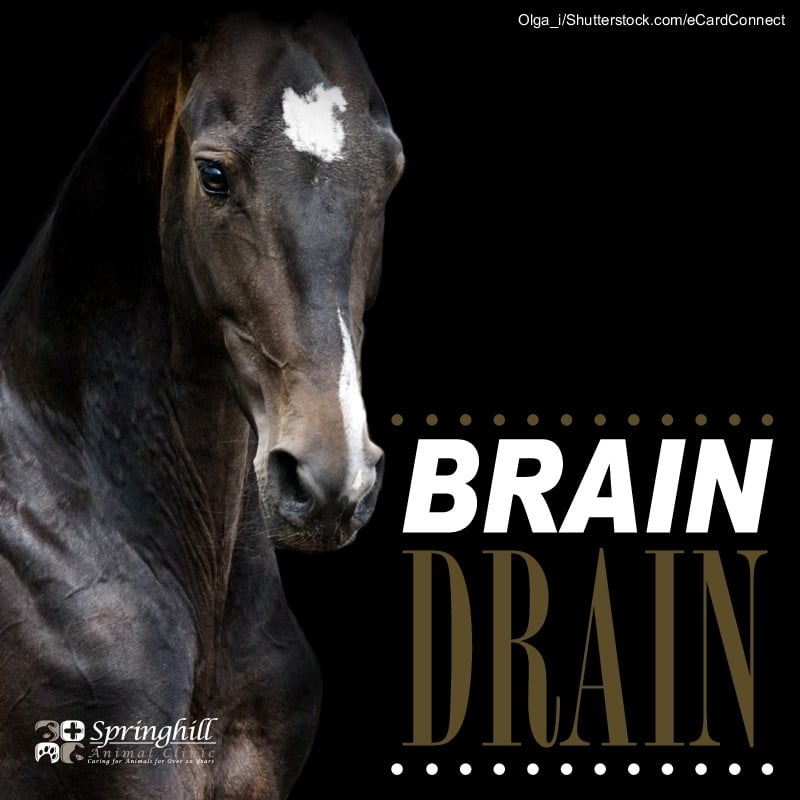Cattle are a common species to suffer from mastitis, a disease that causes inflammation of the mammary gland and udder tissue. Mastitis is typically an immune response to bacteria encountered in bedding material or through contaminated teat dips. However, it can also be caused by injury to the udder.
Mastitis is grouped into the categories of clinical and subclinical cases. Subclinical mastitis exists commonly among dairy herds and has few symptoms. Somatic cell counts are taken to confirm milk quality. Clinical mastitis is frequently indicated by swollen udders that may be red, hard, hot or painful. Production from cows with clinical mastitis may be reduced, and the milk is watery and sometimes contains flakes, clots or other contaminants. Bovines with mastitis may also have fever, a poor appetite and limited movement due to the sore udders.
Nonsteroidal anti-inflammatory drugs (NSAIDs) are commonly used to treat mastitis. Risk of the disease can also be reduced by preventive actions like thorough teat hygiene, quick treatment of mastitis cases, thoughtful dry cow management, culling cows who chronically have the disease and frequent testing of milking machines and equipment.
Let us work with you to keep this common, but costly, problem out of your herd.



